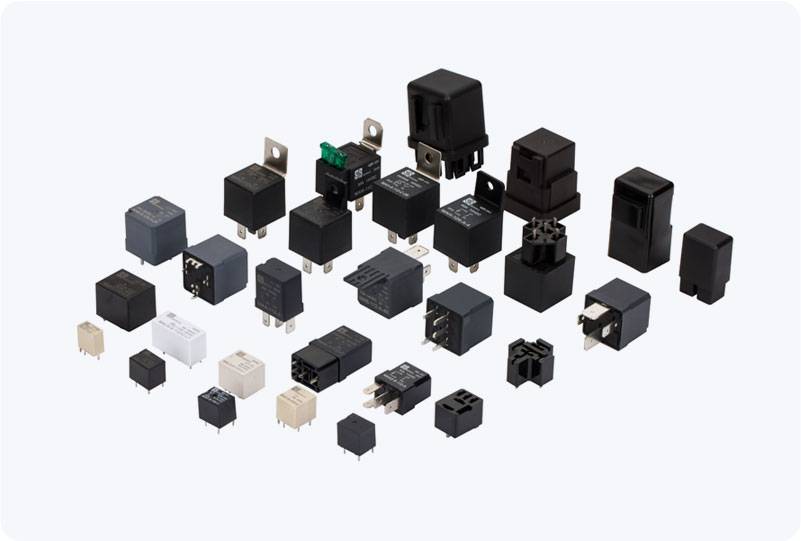understanding motor starter relay: function, types, and importance in motor control
Release time:2025-09-27 15:24:27
A Motor Starter Relay is an essential electrical device used to control, protect, and start electric motors. It works in conjunction with motor starters and other components to ensure safe and efficient motor operation. In various industries and applications, these relays serve a vital role in the performance and longevity of electric motors by offering critical functions such as starting, stopping, and overload protection. This article will delve into the working principle, types, and significance of Motor Starter Relays in the motor control process.

Function of Motor Starter Relay
The primary function of a motor starter relay is to control the switching of electrical current to an electric motor. The relay ensures that the motor starts and stops correctly while providing protection against faults, such as overcurrent or overheating. Without a motor starter relay, a motor would not have the ability to operate smoothly or safely in various industrial applications.
Starting Control: When the motor needs to start, the relay closes the circuit to supply power to the motor, initiating its operation. This function is vital for motors in all types of machinery, as it provides a reliable and safe method to power up a motor.

